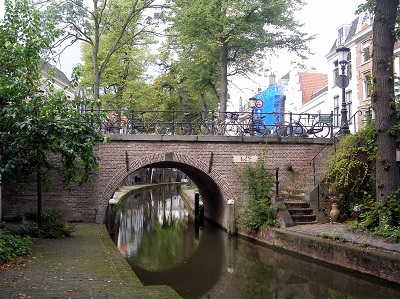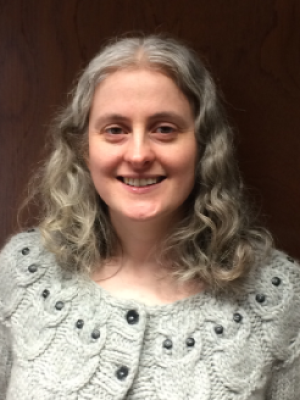DHTech: A bridge between communities
Posted on 22 August 2019
DHTech: A bridge between communities
 Paulusbrug in Utrecht by China Crisis
Paulusbrug in Utrecht by China CrisisBy Catherine Smith, Software Sustainability Institute Fellow
As part of my Software Sustainability Institute Fellowship, I was able to attend the Digital Humanities (DH2019) conference which this year was held in Utrecht. This is not a conference I attend regularly as it tends not to focus on the technical side of digital humanities. However, this year there was a workshop with the title I’m the one Building the Tool! which I was particularly interested in attending.
The workshop was attended by a small group of people drawn from a wide range of backgrounds. As well as developers working directly in digital humanities, both those who already identified as Research Software Engineers (RSEs) and those that did not, there were also participants representing funding agencies and commercial companies who work with digital humanities projects. As a result of the workshop, we produced a whitepaper which outlines the key points of our discussions.
What struck me in the discussions was how similar concerns were to those that prompted the formation of the RSE community. Things such as appropriate recognition, the status of software as a research output and the lack of career development opportunities. The range of technical skills and involvement in the humanities also mirrors that in the wider research community from those who primarily write software for their research group to those primarily working as researchers but writing their own code to process, analyse and/or visualise their data.
An additional issue raised in this context was that, despite being part of the digital humanities community and the RSE community, RSEs specialising in humanities felt excluded from both. As a response to this, the organisers of the workshop had already set up a community called DHTech as a place for knowledge exchange between RSEs working in digital humanities. Many attendees at the workshop, including me, had not heard of this group before and with the publication of the whitepaper, we would like to increase awareness of it within the RSE and digital humanities communities.
Rather than becoming a separate entity, I hope that DHTech can be something of a bridge between both communities. That can only work if there is a good footing on both sides so it is important that DH RSEs can be more included in both the general RSE community and the wider digital humanities community even though this smaller, more specialist group exists.
DHTech organises webinars on topics of interest and we will try to advertise these on the RSE slack channel in future as they may be of interest to other RSEs even if they are not working specifically in the humanities.
If you are an RSE with an interest in humanities development please consider joining the DHTech community. Find out more about it on the DHTech website.

